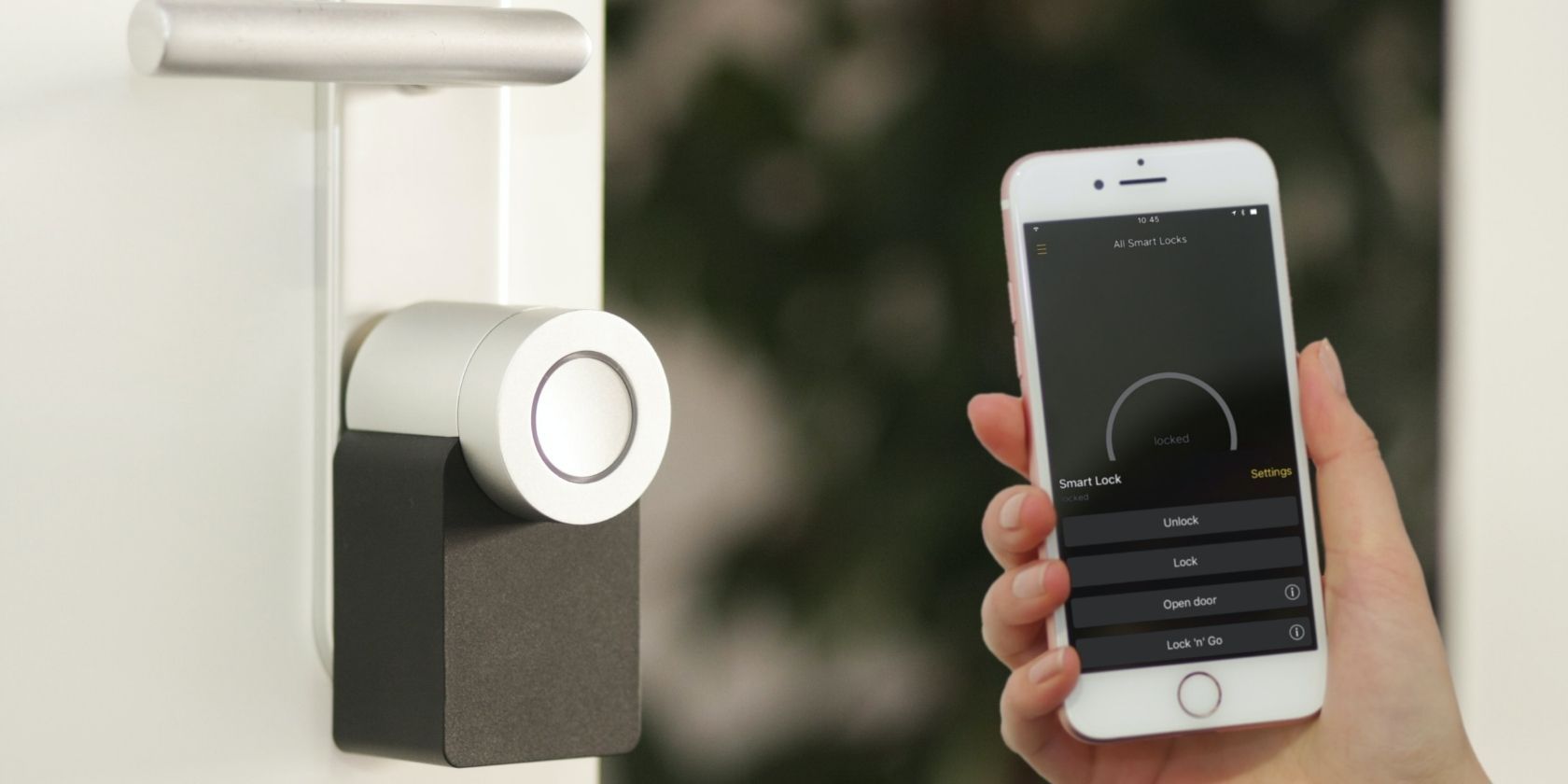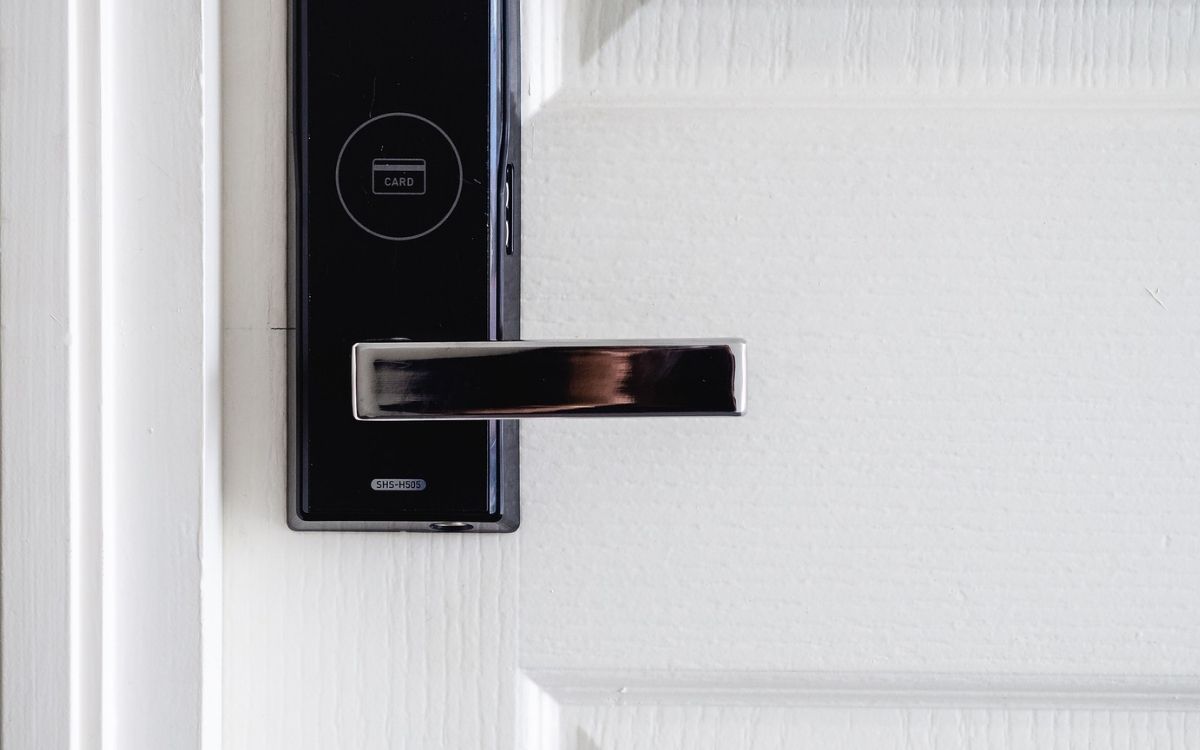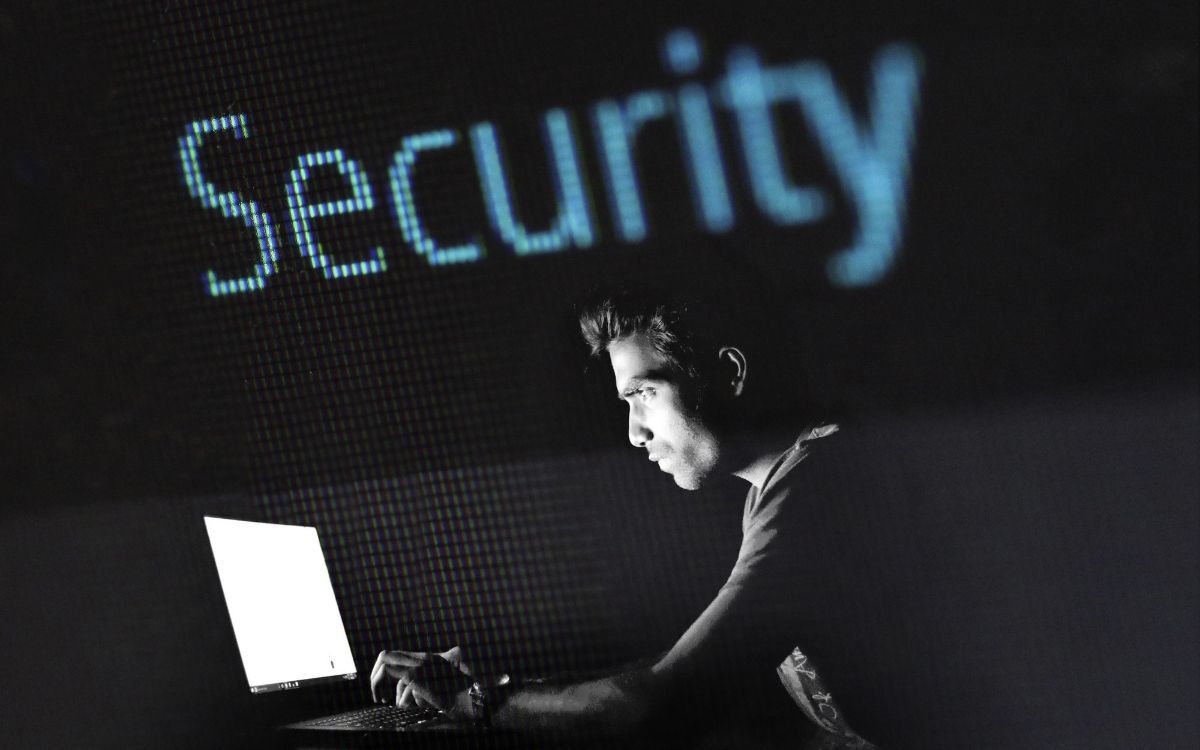Security is an ever-increasing concern for homeowners, particularly as technology infiltrates into new spheres of our lives. Since technology became a part of the home, it was only natural for people to start adding smart touches and features that would increase how much they could protect their valuables and homes.
Locks have gone through a lot of changes and advancements in technology. Many companies tried to step up their game with smart locks that quickly become the standard for anyone who wishes to add high-tech features to their home. But how smart are these locks?
Are Smart Locks as Secure as Standard Locks?
Smart locks are designed with the user experience in mind. The idea that you have to carry around a key or remember a code is old-fashioned, and now people prefer to use their phones as their keys. This is why smart lock technology was created, but it's important to note that this doesn't make these locks necessarily better at their job—it just makes them more convenient.
What smart locks can do is add features that enhance the user experience or increase a feeling of security without any added effort, but does this come at a price?
The problem with smart locks is that they're using technology to connect to your home. Understanding how these smart locks work and how vulnerable they are against certain types of attacks can greatly determine the safety of your home and the contents within it.
It's important to note that these locks are not 100% secure, but they're definitely much better than standard locks in terms of security. They are currently the best option on the market, but if you want to make sure that your house is completely secure, you will have to take more precautions and implement security measures and layers.
How Can Your Smart Lock Be Hacked?
Like most smart devices, people often forget that a smart lock is actually a small computer, and it can be hacked. It's possible for hackers to access your phone's data and break in, or they can access the lock itself if it's Bluetooth-enabled.
In 2016, according to The Hacker News, security researcher Anthony Rose found a bug in the Bluetooth authentication protocol used by a massive number of smart locks. This bug reportedly allowed hackers to access the locks without any authentication, allowing them to unlock doors at ease.
Since then, many smart locks have patched the bug, and they are now more secure than ever before. However, this doesn't mean that hackers won't find new flaws in the future, so it's important to stay aware of any security issues that may arise with these locks. So how can a smart lock be hacked?
1. Bluetooth Sniffing
Since Bluetooth is the main communication protocol for many smart locks, it's very important to know how hackers can listen in on this communication. They can possibly do so by using any number of Bluetooth hacking devices, ranging from very simple tools to more advanced technology that's specifically designed for this purpose.
But while this is possible, Bluetooth is a short-range communication protocol. So if someone wanted to try to hack your smart lock, they would need to be in physical proximity to the lock.
2. Wi-Fi Breaching
Another common way hackers can access your smart lock is through Wi-Fi. One such case was reported by Bitdefender regarding the August Smart Lock.
Hackers could possibly exploit certain vulnerabilities in the Wi-Fi connection your smart lock uses. But just like with Bluetooth, any bad actors would need to be close to your home's network.
3. Out-of-Date Firmware or Companion App
Every smart lock has a companion mobile application that's used to control it. This app is supposed to always remain up-to-date with the latest firmware, but this isn't always the case.
Some locks have companion apps that are not compatible with newer firmware updates, which can leave your lock vulnerable to hackers.
This is why it's important for all of your smart devices to remain up-to-date on their firmware. You can check if your lock's firmware is up-to-date by connecting to the Wi-Fi of the lock itself.
How Can You Prevent Hacking?
Although smart locks are generally more secure than standard locks, they're still vulnerable to hacking. This doesn't mean that you need to get rid of them or trade them in for standard locks—it just means that you should implement greater security measures.
You can easily install a smart lock yourself, but you shouldn't stop there. Here are some additional security measures that you should take to ensure your smart lock is safe from hackers:
1. Use Smart Locks From Trusted Brands
You should always get your devices from well-known companies because the locks are more likely to have up-to-date and robust security protocols.
Cheaper smart locks might be more appealing, but they are likely to have fewer security protocols in place, which can make them much easier to hack. The best smart locks come with built-in security features to make sure they are always protected.
2. Update Your Locks as Soon as New Firmware Becomes Available
One of the most important measures you can take to prevent hacking is to update your lock with the latest firmware. This will patch any vulnerabilities in your lock's source code, which protects you against hackers trying to exploit the lock
3. Use a Smart Lock With AES Encryption
Any smart lock worth your money should have at least 128-bit AES encryption to ensure its safety. This is one of the most advanced forms of security in the world, and it will make it almost impossible for any hacker to infiltrate your home without knowing your password or breaking into your Wi-Fi.
4. Use Two-Factor Authentication
Two-factor authentication is an additional security measure you can put into place to protect yourself against unauthorized access to your smart locks. This means that in order to gain access, you will need both your password and another form of authentication, usually in the form of a security token sent to your smartphone.
5. Check the ANSI Grade Rating
ANSI grade rating is a standard set in place by the American National Standards Institute, which determines how strong a lock's security protocols are. Locks with an ANSI grade rating of at least 1 should be enough to protect you from most hackers.
Smart Locks for Smart Homes
While smart locks are very convenient and can increase your home security, it's important to remember that they're not perfect. They are better than standard physical locks, but they require more attention and security measures to make sure that they don't become compromised.
It's also a good idea to add an extra layer of protection by purchasing security cameras or smart alarms, as these are also great tools for protecting your home.
When you combine all of these extra security measures, your home will be better equipped to defend against burglars no matter what methods they choose to use.




